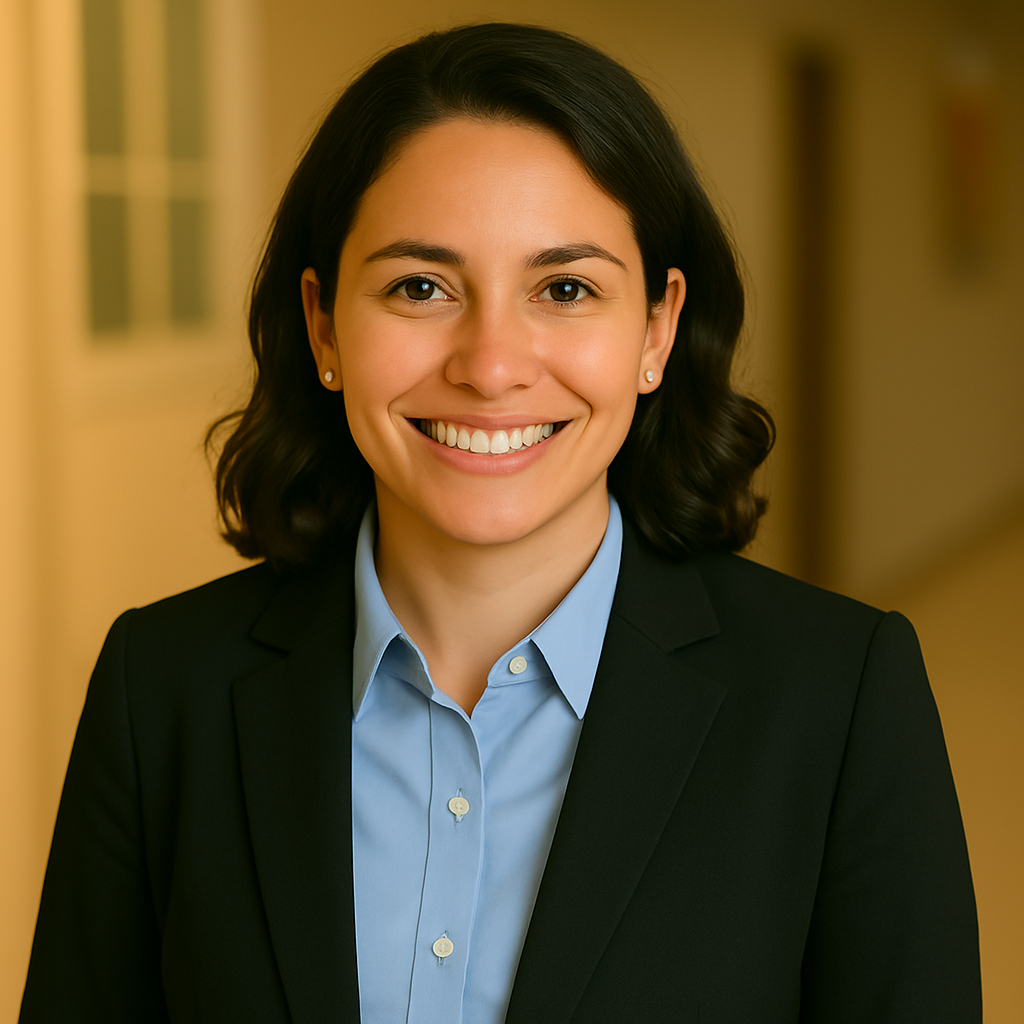Improve patient outcomes with validated NIH supported research
Aging populations make it a global priority to detect the earliest signs of cognitive change. LASSI-D™ is a state-of-the art 15 min. test used for detecting early cognitive changes in people at increased risk for Alzheimer’s disease.

Featured in Research
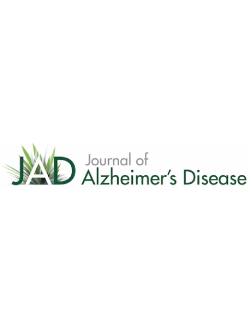
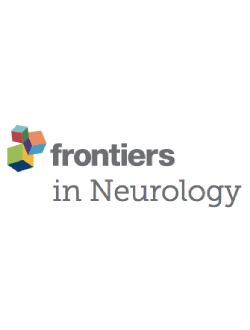
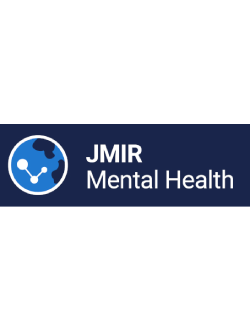

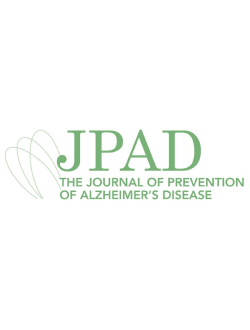
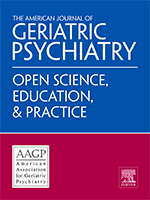
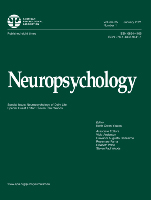
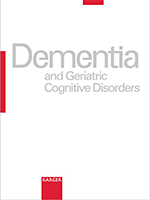
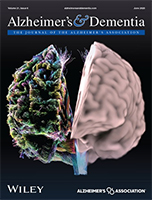
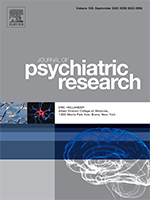
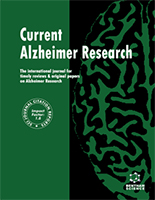
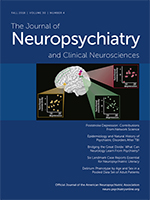

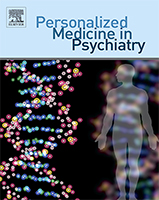
Outcomes & Impact
Early detection enables better patient outcomes
Accuracy in detecting non-impairment approx.
90%
Accuracy in detecting impairment approx.
80%
High number of test completers
98%
User satisfaction
97%
When cognitive changes are detected early, patients have more treatment options and better long-term outcomes. LASSI-D™ makes early detection easy, affordable, accurate, and actionable.
How LASSI-D™ Works
Providing necessary visibility into cognitive health
LASSI-D™ helps healthcare professionals detect the earliest signs of cognitive and functional change in patients at increased risk for Alzheimer’s disease.
Easy to get started
Works on most computers and tablets
Easy to implement
EMR integration and integrated workflow
Easy to use
Automated scoring and follow-up recommendations
Easy to operate
Continuous training and support
Who We Support
Designed for Real People, Backed by Science
LASSI-D™ is designed to serve people across the spectrum of cognitive health.
People aged 50+
Supporting healthy aging and early detection.
People worried about memory
Peace of mind through proactive screening.
People with mild cognitive impairment
Detecting subtle changes early.
People with chronic medical conditions
Better brain health for those managing complex conditions.
Meet the Minds Behind LASSI-D™

Dr. Rosie E. Curiel, PsyD
Dr. Rosie E. Curiel, PsyD

David Loewenstein, Ph.D.
David Loewenstein, Ph.D.

Dr. Elizabeth Crocco, M.D.
Dr. Elizabeth Crocco is a Clinical Professor and Chief of Geriatric Psychiatry in the Department of Psychiatry and Behavioral Sciences at the University of Miami (UM) Miller School of Medicine in Miami, Florida. She is board certified by the American Board of Psychiatry and Neurology in General Psychiatry with added qualifications in the subspecialty of Geriatric Psychiatry.
Dr. Elizabeth Crocco, M.D.
Publications

Digital LASSI-D
Development and comparison of alternate forms of the Loewenstein-Acevedo Scales for Semantic Interference and Learning-Digital Version (LASSI-D) in older participants with amnestic mild cognitive impairment and normal cognition
Journal of Alzheimer’s Disease (2025)
Journal of Alzheimer’s Disease
Development and comparison of alternate forms of the Loewenstein-Acevedo Scales for Semantic Interference and Learning-Digital Version (LASSI-D) in older participants with amnestic mild cognitive impairment and normal cognition

SUMMARY
Early detection of amnestic mild cognitive impairment (aMCI) is crucial for early intervention. The Loewenstein-Acevedo Scales for Semantic Interference and Learning (LASSI-L) identify risk for cognitive decline by measuring proactive semantic interference (PSI). PSI correlates with critical Alzheimer’s disease (AD) biomarkers, predicting decline. A digital version of the LASSI™, the LASSI-D™, was highly convergent with the LASSI-L in older participants. We developed three alternative forms of the LASSI-D™, examining convergence across forms and retest changes, to evaluate utility as a repeated-measure
The three digital alternative forms of the LASSI™ (LASSI-D™) were highly convergent with each other and the LASSI-L. The findings provide evidence of the utility of a cloud-based, self-administered cognitive challenge test with alternative forms.

Digital LASSI-D
Digital Migration of the Loewenstein Acevedo Scales for Semantic Interference and Learning (LASSI-L): Development and Validation Study in Older Participants
Harvey et al., JMIR Mental Health (2025)
JMIR Mental Health
Digital Migration of the Loewenstein Acevedo Scales for Semantic Interference and Learning (LASSI-L): Development and Validation Study in Older Participants

SUMMARY
This study reports on the development and initial validation of a self-administered computerized version of the Loewenstein-Acevedo Scales for Semantic Interference (LASSI), the digital LASSI (LASSI-D). A self-administered digital version, with an artificial intelligence–generated avatar assistant, was the migrated assessment.
The results for the digital migration of the LASSI-D were highly convergent with the legacy LASSI-L. Across all indices of similarity, including sensitivity, criterion validity, classification accuracy, and performance, the versions converged across languages. The current data provide convincing evidence of the use of a fully self-administered digitally migrated cognitive challenge test.
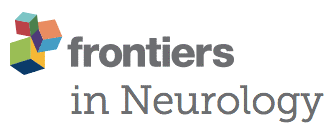
LASSI-L as a Screening Instrument
Unraveling progressive verbal memory deficits in Huntington’s disease: insights from the LASSI-L
Sierra Luis A. et al., Frontiers in Neurology (2025)
Frontiers in Neurology
Unraveling progressive verbal memory deficits in Huntington’s disease: insights from the LASSI-L

SUMMARY
Huntington’s disease (HD) is characterized by progressive cognitive decline, with early deficits often preceding motor symptoms. The Loewenstein-Acevedo Scales for Semantic Interference and Learning (LASSI-L) captures many types of deficits in verbal memory including susceptibility to interference. The current study aims to delineate the progression of these deficits across different stages of HD.
The LASSI-L appears to be a useful tool for detecting early and progressive cognitive changes in Huntington’s disease, particularly by capturing the sequential nature of verbal memory deficits, including early vulnerability to interference. These findings suggest that the LASSI-L may help refine HD staging by integrating sequential neuropsychological markers of cognitive decline.
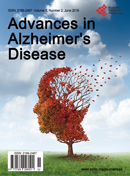
Computerized LASSI-BC
The computerized LASSI-BC Test versus the Standard LASSI-L Paper-and-Pencil Version in Community-Based-Samples
Curiel-Cid et al. Advances in Alzheimer’s Disease (2024)
Advances in Alzheimer’s Disease
The computerized LASSI-BC Test versus the Standard LASSI-L Paper-and-Pencil Version in Community-Based-Samples

SUMMARY
Proactive Semantic Interference (PSI) and failure to recover from PSI (frPSI), are novel constructs assessed by the LASSI-L. These measures are sensitive to cognitive changes in early Mild Cognitive Impairment (MCI) and preclinical AD determined by Aβ load using PET. The goal of this study was to compare a new computerized version of the LASSI-L (LASSI-Brief Computerized) to the standard paper-and-pencil version of the test.
Overall, the LASSI-BC was comparable, and in some ways, superior to the paper-and-pencil LASSI-L. Advantages of the LASSI-BC include a more standardized administration, suitability for remote assessment, and an automated scoring mechanism that can be verified by a built-in audio recording of responses.

LASSI-L as a Screening Instrument
Different aspects of failing to recover from proactive semantic interference predicts rate of progression from amnestic mild cognitive impairment to dementia
Curiel-Cid et al. Front Aging Neurosci. (2024)
Frontiers in Aging Neuroscience
Different aspects of failing to recover from proactive semantic interference predicts rate of progression from amnestic mild cognitive impairment to dementia

SUMMARY
This study investigated the role of proactive semantic interference (frPSI) in predicting the progression of amnestic Mild Cognitive Impairment (aMCI) to dementia, taking into account various cognitive and biological factors.
These findings after adjustment for demographic and biological markers of Alzheimer’s Disease, suggest that assessing frPSI may offer valuable insights into the risk of dementia progression in individuals with aMCI.

LASSI-L as a Screening Instrument
Different aspects of failing to recover from proactive semantic interference predicts rate of progression from amnestic mild cognitive impairment to dementia
Frontiers in Aging Neuroscience (2024)
Aging Neuroscience
Different aspects of failing to recover from proactive semantic interference predicts rate of progression from amnestic mild cognitive impairment to dementia

SUMMARY
This study investigated the role of proactive semantic interference (frPSI) in predicting the progression of amnestic Mild Cognitive Impairment (aMCI) to dementia, taking into account various cognitive and biological factors.
These findings after adjustment for demographic and biological markers of Alzheimer’s Disease, suggest that assessing frPSI may offer valuable insights into the risk of dementia progression in individuals with aMCI.
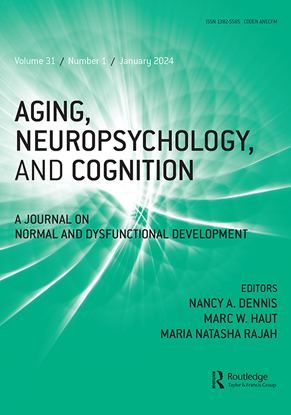
LASSI-L as a Screening Instrument
Developing a Danish version of the LASSI-L test – reliability and predictive value in patients with mild cognitive impairment, mild dementia due to AD and subjective cognitive decline
Vogel et al. Aging, Neuropsychol Cogn. (2024)
Aging, Neuropsychol Cogn.
Developing a Danish version of the LASSI-L test – reliability and predictive value in patients with mild cognitive impairment, mild dementia due to AD and subjective cognitive decline

SUMMARY
The Loewenstein-Acevedo Scales for Semantic Interference and Learning (LASSI-L), has shown promising diagnostic properties for the diagnosis of Mild Cognitive Impairment (MCI) and dementia. LASSI-L may also be efficient in predicting cognitive decline in at-risk individuals. There is an unmet need to examine the diagnostic properties of the LASSI-L in a Danish context where traditional neuropsychological tests are typically applied when diagnosing possible dementia disorders. LASSI-L had high reliability and promising predictive value in the diagnosis of aMCI and mild AD due to AD.
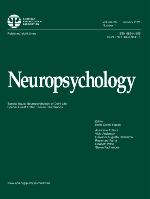
LASSI-L as a Screening Instrument
Vulnerability to semantic and phonological interference in normal aging and amnestic mild cognitive impairment (aMCI)
Chasles et al. Neuropsychology (Feb. 2024)
Neuropsychology
Vulnerability to semantic and phonological interference in normal aging and amnestic mild cognitive impairment (aMCI)

SUMMARY
The objective was to determine whether the increased vulnerability to semantic interference previously observed in amnestic mild cognitive impairment (aMCI) is specifically associated with semantic material or if it also affects other types of material, suggesting generalized executive and inhibitory impairment.
The results suggest that aMCI present with broad difficulties in source memory and inhibition, but that impaired deep semantic processing results in additional semantic intrusion errors during proactive interference and impacts their ability to show good recall after an interference list (greater semantic retroactive interference).

Computerized LASSI-BC
A Novel Computerized Cognitive Test for the Detection of Mild Cognitive Impairment and Its Association with Neurodegeneration in Alzheimer’s Disease Prone Brain Regions
Curiel et al., Advances in Alzheimer’s Disease (2023)
Advances in Alzheimer’s Disease
A Novel Computerized Cognitive Test for the Detection of Mild Cognitive Impairment and Its Association with Neurodegeneration in Alzheimer’s Disease Prone Brain Regions

SUMMARY
In this study, the focus was on expanding previous work by determining whether a digitized cognitive stress test, the Loewenstein-Acevedo Scales for Semantic Interference and Learning, Brief Computerized Version (LASSI-BC) could differentiate between Cognitively Unimpaired (CU) and amnestic Mild Cognitive Impairment (aMCI) groups. A second focus was to correlate LASSI-BC performance to volumetric reductions in AD-prone brain regions.
Results indicated that, even after adjusting for initial learning ability, the failure to recover from proactive semantic interference (frPSI) on the LASSI-BC differentiated between CU and aMCI groups. Further, frPSI on the LASSI-BC was associated with volumetric reductions in the hippocampus, amygdala, inferior temporal lobes, precuneus, and posterior cingulate.

LASSI-L as a Screening Instrument
LASSI-L detects early cognitive changes in pre-motor manifest Huntington’s disease: a replication and validation study
Sierra Luis A. et al., Frontiers in Neurology (2023)
Frontiers in Neurology
LASSI-L detects early cognitive changes in pre-motor manifest Huntington’s disease: a replication and validation study

SUMMARY
Cognitive decline is an important early sign in premotor manifest Huntington’s disease (preHD) and is characterized by deficits across multiple domains including executive function, psychomotor processing speed, and memory retrieval. Prior work suggested that the Loewenstein-Acevedo Scale for Semantic Interference and Learning (LASSI-L)–a verbal learning task that simultaneously targets these domains – could capture early cognitive changes in preHD. The current study aimed to replicate, validate and further analyze the LASSI-L in preHD using larger datasets.
The study found that LASSI-L is a sensitive, reliable, efficient tool for detecting cognitive decline in preHD.
LASSI-L™: Original paper & pencil based research-focused cognitive challenge test.
LASSI-BC™: Initial research-focused computerized version of the LASSI-L.
LASSI-D™: Brief fully self-administered commercial digital version of the LASSI-L.
What Customers and Assessment Takers are Saying


